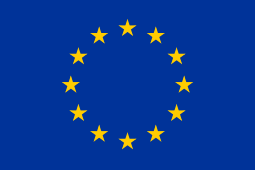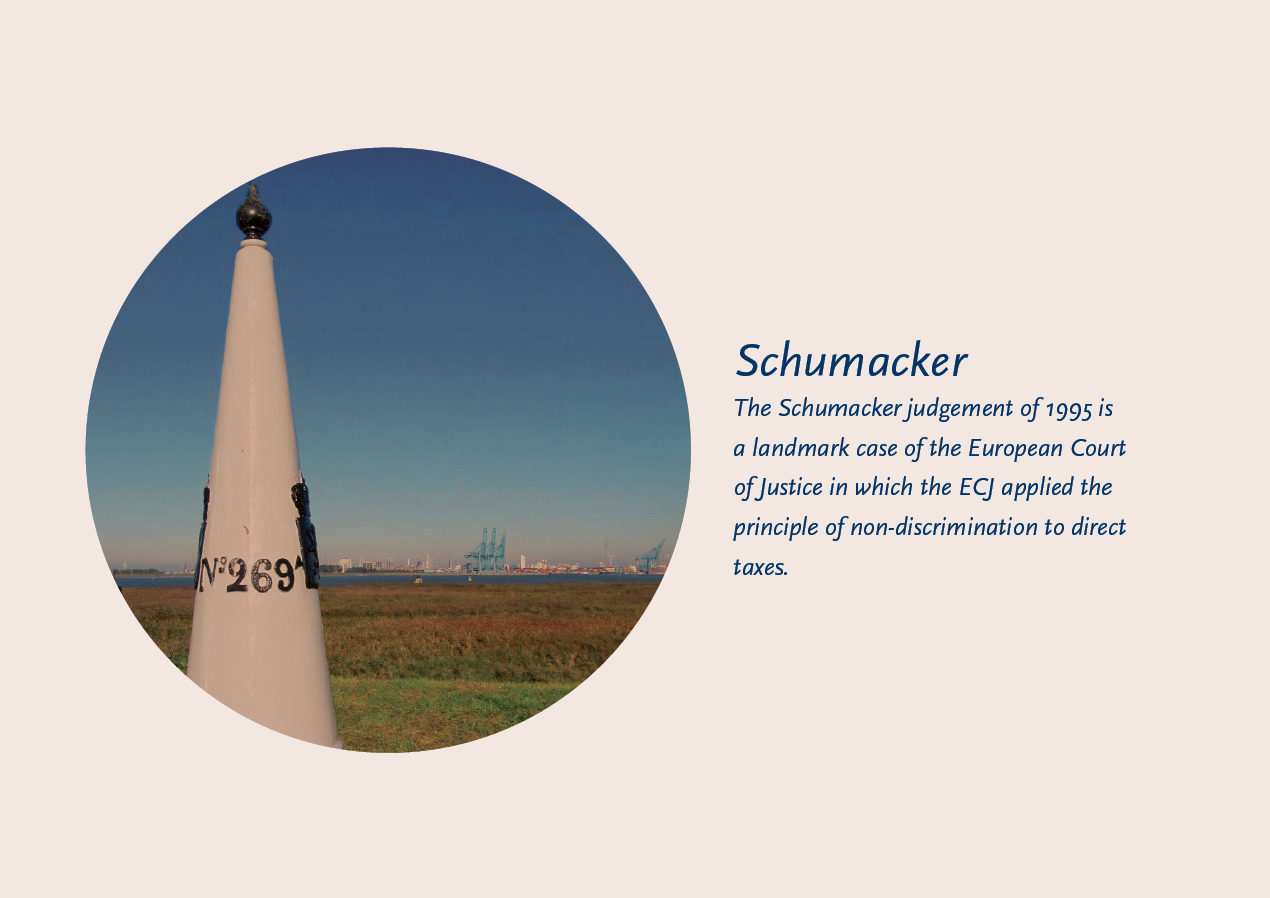Latest blog articles
-
The European Union (EU) and Turkey have a long and multifaceted relationship. In this entry (based on a recent longer analysis) we focus on Turkey’s involvement with the EU’s decentralised agencies, and more particularly on whether and to what extent this involvement can be viewed as a part of a...
-
The Boards of Appeal established for the decision-making agencies perform a function that lies between exercising administrative review, at the one end, and offering judicial review, at the other. It is still unclear in which direction they will ultimately move, and more research in this fast...
-
Recently, the General Court in the HELL coffee case has confirmed that a descriptive foreign language term (German word HELL) can be granted protection under EU trade mark law (Hell Energy v. EUIPO, T-323/20).
-
When we talk about Trade Marks Trolls we don’t mean the ugly creature that might come to your mind. Instead, we speak about practices that constitute an abuse of trade mark law. So, how to defend yourself against such behaviour?
-
Can a single colour alone be a trademark? The question is neither new nor unexplored. However, old wine in a new bottle is presented by the General Court in its decision rejecting an attempt to register a shade of colour for inhalers for asthma and related pharmaceutical preparations, reinstating...
-
After the initial relief that followed upon reaching a Trade and Cooperation Agreement between the European Union and the United Kingdom on Christmas Eve, we slowly see how this treaty is going to affect the tax domain. In this blog I will briefly focus on the area of fiscal state aid, i.e. the...
-
Using the trade mark of someone else to describe how your own products relate to the trademark products is allowed under certain circumstances. Recently, the law changed in this respect, leaving the application of some factors uncertain.
-
Schumacker is one of the most important cases in EU tax law. It opened the door to many more legal proceedings before the CJEU that tested the limits the Member States’ tax sovereignty against the force of EU law.
-
by Trym Nohr Fjørtoft
In 2015, many European states experienced a massive influx of migrants and refugees seeking protection within their borders. The European Refugee crisis was a crisis in many respects—first and foremost for the people forced to flee their homes, but also for the institution... -
EU agencies are now at the forefront of policy implementation in EU’s migration, asylum and external border control policies for two primary reasons: to overcome the policy implementation gap and enhance interstate solidarity.









